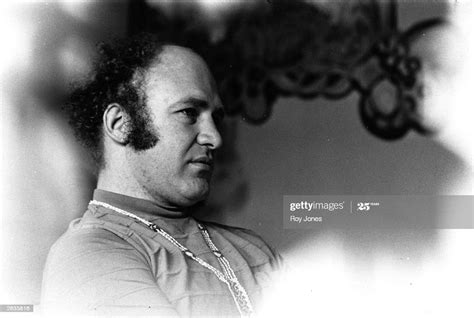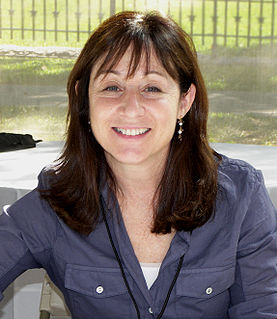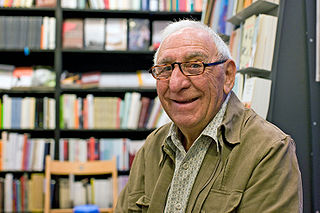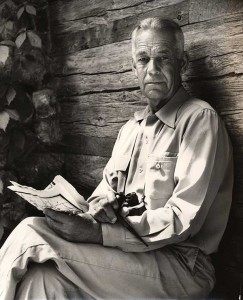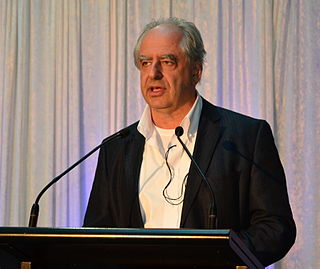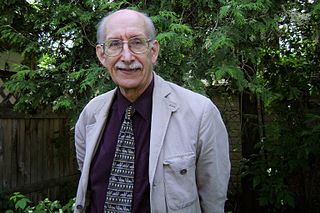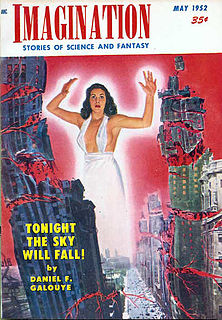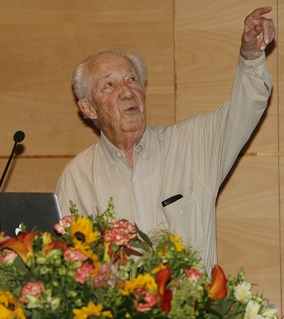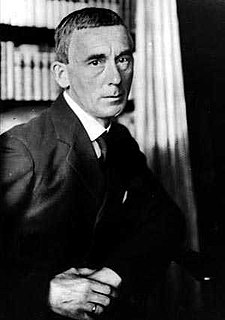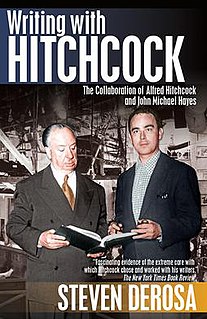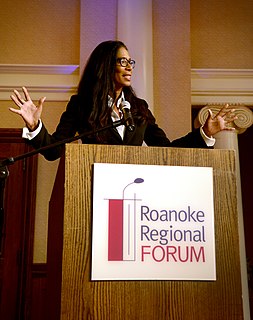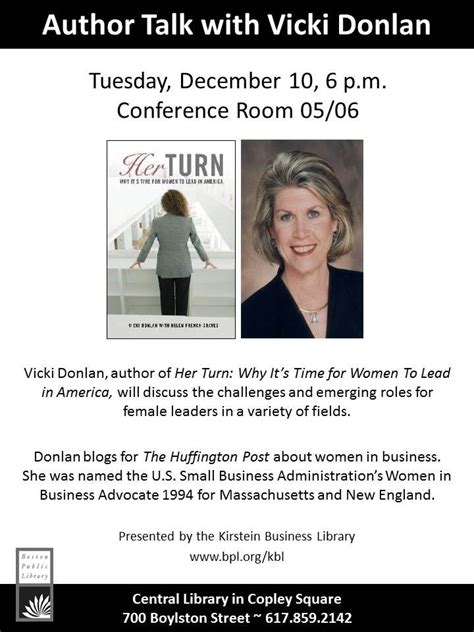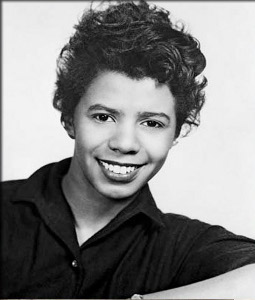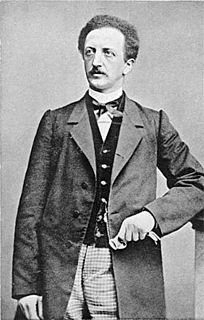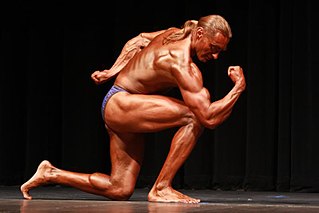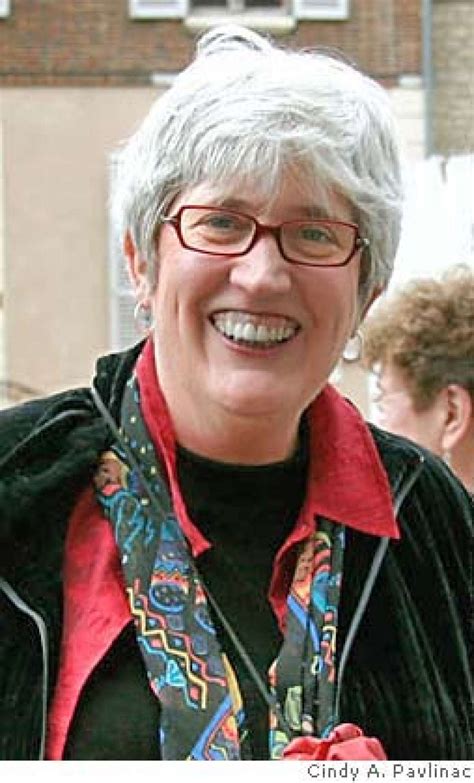Top 1200 Ethical Questions Quotes & Sayings
Explore popular Ethical Questions quotes.
Last updated on April 14, 2025.
I am, I must confess, suspicious of those who denounce others for having too much sex. At what point does a healthy amount become too much? There are, of course, those who suffer because their desire for sex has become compulsive; in their case the drive (loneliness, guilt) is at fault, not the activity as such. When morality is discussed I invariably discover, halfway into the conversation, that what is meant are not the great ethical questions but the rather dreary business of sexual habit, which to my mind is an aesthetic rather than an ethical issue.
have a much harder time writing stories than novels. I need the expansiveness of a novel and the propulsive energy it provides. When I think about scene - and when I teach scene writing - I'm thinking about questions. What questions are raised by a scene? What questions are answered? What questions persist from scene to scene to scene?
In trying to develop an impartial, expansive ethic we are trying to get ethical systems to do something which they did not evolve in order to do. This doesn't mean that it can't be done or that we shouldn't try to expand the reach of our ethical frameworks, only that there are reasons to be skeptical about its success.
Ethical and moral questions and how we answer them may determine whether primal scenes will continue to be a source of joy and comfort to future generations. The decisions are ours and we have to search our minds and souls for the right answers... We must be eternally vigilant, embrace the broad concept of an environmental ethic to survive.
If you don't put the spiritual and religious dimension into our political conversation, you won't be asking the really big and important question. If you don't bring in values and religion, you'll be asking superficial questions. What is life all about? What is our relationship to God? These are the important questions. What is our obligation to one another and community? If we don't ask those questions, the residual questions that we're asking aren't as interesting.
The great philosophers of the 17th and 18th centuries did not think that epistemological questions floated free of questions about how the mind works. Those philosophers took a stand on all sorts of questions which nowadays we would classify as questions of psychology, and their views about psychological questions shaped their views about epistemology, as well they should have.
Individualism is at once an ethical-psychological concept and an ethical-political one. As an ethical-psychological concept, individualism holds that a human being should think and judge independently, respecting nothing more than the sovereignty of his or her mind; thus, it is intimately connected with the concept of autonomy. As an ethical-political concept, individualism upholds the supremacy of individual rights
In separating out, say, legal and moral requirements, I tend to work with paradigms rather than strict divisions - eg, paradigmatically, legal requirements are jurisdictionally bound whereas ethical requirements are aspirationally universal; ethical requirements focus especially on intentions whereas legal requirements focus primarily on conduct; ethical requirements take priority over legal requirements; and so on.
Kant's description of most ethical duties reads more like a description of moral virtues and vices. Once we see this, we see that Kantian ethics is indeed a kind of virtue ethics, and that it does not "divide the heart from the head" (to anticipate one of your later questions) but instead recognizes the deep truth that reason and emotion are not opposites.
Are there experts, ethical experts, that's very offensive to all of us? Because it's part of our humanity to have a stake in these questions to feel that we ourselves know the difference between right and wrong. And then along come these experts, philosophers, claiming, you know, an expertise, a special training, a special skill, a special talent.
Many more people are poor and sick because of the life of MT: Even more will be poor and sick if her example is followed. She was a fanatic, a fundamentalist, and a fraud, and a church that officially protects those who violate the innocent has given us another clear sign of where it truly stands on moral and ethical questions.
It's not that I believe women are more ethical. I will say that one of women's greatest weaknesses is probably our greatest strength. We are incredibly hard on each other. We ask all the questions. Men are more easygoing. If you've ever been in a group of women, you'll recognize this: Nobody gives one woman the opportunity to lead the way without asking a whole lot of questions.
So when I say that I think we would have a different ethical level, particularly in corporate America, if there were more women involved, I mean that what women are best at is asking questions. Women ask questions over and over again. It drives men nuts. Women tend to ask the detailed questions; they want to know the answers.
Positively, he [Heidegger] shows that the prospect of death doesn't of itself destroy all possibilities of meaning but calls instead for these to be relocated from fantasies about a future post-mortem life. However, I don't think he does enough in this work to show that this relocation has - I believe - a primarily ethical character (in Levinas's sense of 'ethical').



